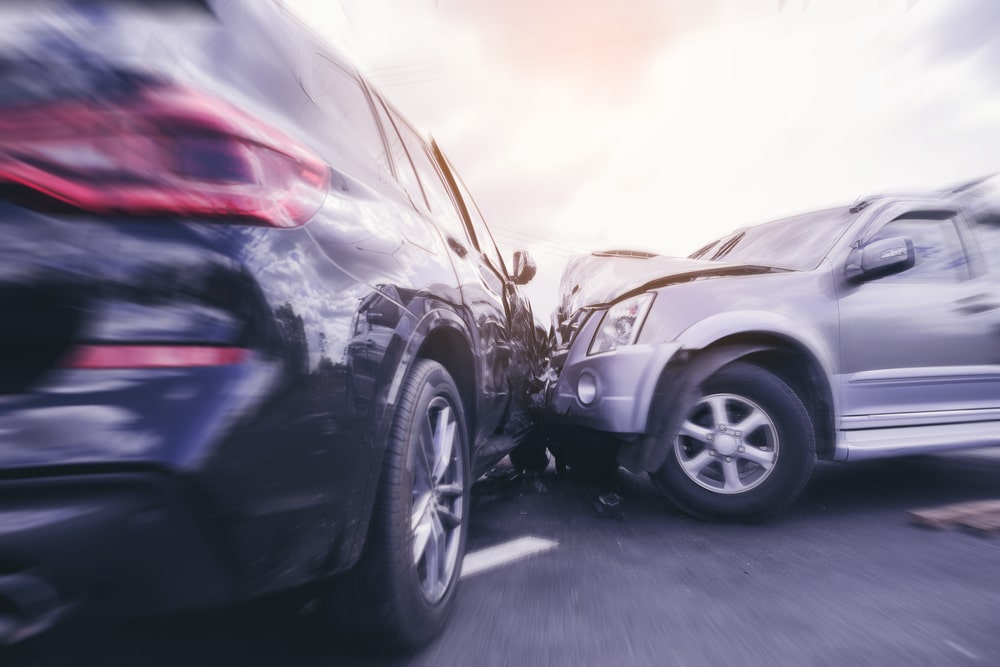When you’re in a car accident in Louisiana, understanding fault is critical. It’s not just about who caused the crash; it directly affects how compensation is handled. Louisiana follows specific legal guidelines that highlight why determining fault matters more than you might think. With the help of an experienced car accident lawyer, you can better understand these laws and how they may apply to your situation.
Louisiana’s Comparative Fault System
Unlike many states, Louisiana operates under a comparative fault system. This means that fault is not an all-or-nothing concept. Instead, courts assign a percentage of responsibility to each party involved in the accident.
This system allows claimants to recover damages even if they are partially responsible for the accident. However, every percentage of fault assigned to you reduces your potential compensation, so minimizing your fault is important when pursuing a claim.
Why Determining Fault Is Critical in Louisiana
Fault doesn’t just impact your financial recovery; it also affects the trajectory of your legal case. Louisiana law requires that fault be established before insurers or courts issue compensation. Here’s why it matters so much in car accident cases:
- Insurance Claims Are Impacted: Insurance companies review fault to decide how much they’ll pay. If you’re partially at fault, they’ll reflect that in their settlement offer. Working with a car accident lawyer ensures the fault percentage is fair and accurately assessed.
- Legal Outcomes Depend on Fault: Any legal dispute over the accident revolves around which party was negligent. Establishing fault can strengthen your case and increase your chances of fair compensation.
- Protecting Your Financial Stability: Fault plays a role in how much you receive for medical bills, lost wages, and property damage. Properly attributing responsibility ensures you’re not left handling financial burdens caused by someone else’s negligence.
How Fault Is Determined
Establishing fault in a Louisiana car accident involves gathering evidence, evaluating circumstances, and applying state-specific laws. Here’s how fault is evaluated in Louisiana cases:
1. Collecting Evidence
Evidence is the foundation for determining fault. After an accident, it’s crucial to gather as much information as possible, including:
- Police reports (which often include initial fault determinations).
- Photos or videos of the accident scene, vehicle damage, or road conditions.
- Witness statements that describe how the accident occurred.
2. Analyzing Driver Negligence
Fault is often tied to negligence. A driver is negligent when they fail to act reasonably, and their actions cause harm. Common examples include ignoring traffic signals, speeding, or texting while driving.
A car accident lawyer carefully examines the actions of all parties involved to determine whether negligence occurred and to what extent.
3. Reconstructing the Accident
Reconstruction experts, if necessary, can analyze the scene to provide a detailed picture of how the accident unfolded. This can include analyzing skid marks, vehicle positions, and weather conditions.
4. Considering Louisiana’s Traffic Laws
Louisiana’s state-specific rules, such as right-of-way laws and DUI regulations, help frame liability. For example, running a red light or failing to yield will clearly place negligence on one party.
5. Comparative Fault Application
Once fault and negligence are determined, the comparative fault system assigns percentages of blame. That percentage directly impacts the compensation awarded under Louisiana’s unique legal structure.
Steps to Protect Yourself After an Accident
Being proactive after a car accident can help ensure an accurate determination of fault. Consider following these steps to protect yourself and your claim:
- Seek immediate medical attention, even for minor injuries. Documentation of your condition is essential.
- Call law enforcement to report the accident and request an official police report.
- Exchange information with other drivers and gather contact details from witnesses.
- Take photos of the scene, including damage to vehicles and road conditions.
- Contact a car accident lawyer before speaking with insurance companies. Insurers may try to reduce your payout, so it’s best to have legal support on your side.
The Role of a Car Accident Lawyer
Navigating the legal process in Louisiana can feel overwhelming, especially when dealing with insurance companies and complex fault laws. A skilled car accident lawyer like Sean Regan can be a powerful ally. Sean understands the nuances of local laws and offers comprehensive support, including:
- Investigating the accident thoroughly and gathering evidence.
- Negotiating with insurance companies to ensure a fair settlement.
- Representing you in court if necessary.
Because Louisiana follows the Napoleonic Code (unique compared to other states that follow Common Law traditions), having an attorney familiar with this system is vital. Sean Regan treats every client with the care and attention they deserve, prioritizing their recovery and peace of mind.
Protect Your Rights After a Louisiana Accident
If you’ve been involved in a car accident in Louisiana, don’t face the aftermath alone. Fault is a crucial factor that impacts your financial recovery and legal options. By partnering with an experienced car accident lawyer, you’ll have the tools and guidance needed for a successful outcome.
Sean Regan’s experience, combined with his compassionate approach, can help you receive the justice and compensation you deserve. Schedule a free consultation today to discuss your case.

